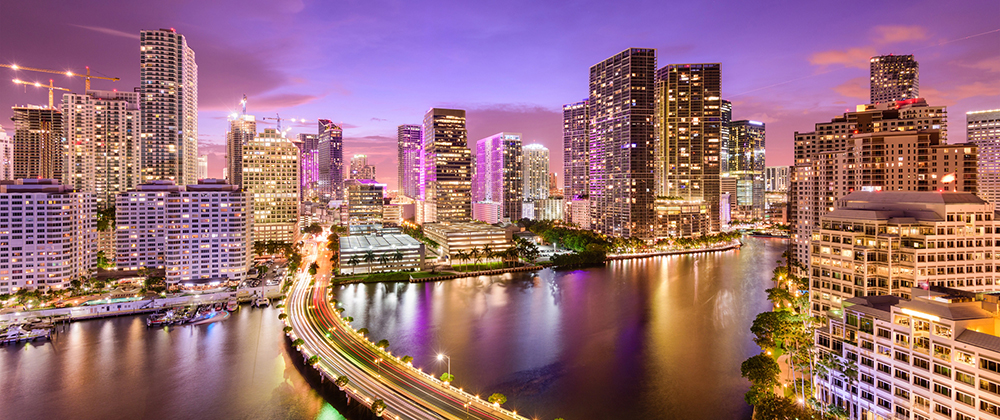According to reports, the nation’s immigration courts are backlogged as never before. At the end of last year, more than 260,000 cases remained pending before immigration judges, with the average wait being nearly sixteen months. While it is no secret that justice is not always swift, our immigration courts are increasingly lagging further behind, causing delays that are problematic for legal and practical reasons. For individuals who have few realistic possibilities for relief, the backlogs are somewhat beneficial since they put off the date they must inevitably leave the country. However, for those immigrants who have been wrongfully placed in removal proceedings, this kind of a delay is severely problematic since they remain stuck in legal limbo and can needlessly languish in detention. At the same time, this backlog may put pressure on immigration judges to resolve cases quickly rather than thoroughly.
Before the Senate Judiciary Committee, several key officials testified that the backlogs are likely to get worse before they get better, if at all. The Director of the Executive Office for Immigration Review, Juan Osuna, said that the burgeoning caseloads are “directly tied to annual increases in cases filed in the immigration courts by DHS.” However counter-intuitive it may be, officials also agreed that simply hiring more immigration judges alone would not fix the problem. A representative from the American Bar Association recommended more extensive use of pre-trial settlement conferences so as to allow cases to be resolved before their hearing dates, while also suggesting that asylum claims raised during removal hearings be referred to trained DHS officers. Other suggested ways of streamlining the court process included increasing the use of prosecutorial discretion when deciding which cases to pursue in court and which to dismiss, expanding access to the Justice Department’s Legal Orientation Program to assess the merit of claims, and appointing legal counsel for indigent and vulnerable immigrants- such as unaccompanied minors, and those with mental disabilities- who otherwise go unrepresented.
The reality is that the enactment of comprehensive immigration reform would be the best way to ease the burden on immigration courts- a fact that was unanimously agreed to at the committee hearing. But until both houses of Congress finally come to an agreement, it would be wise to pursue measures to curb the backlog. Otherwise, individuals and families will continue to needlessly suffer, resources will continue to be drained of value, and very little will actually get done on time.



